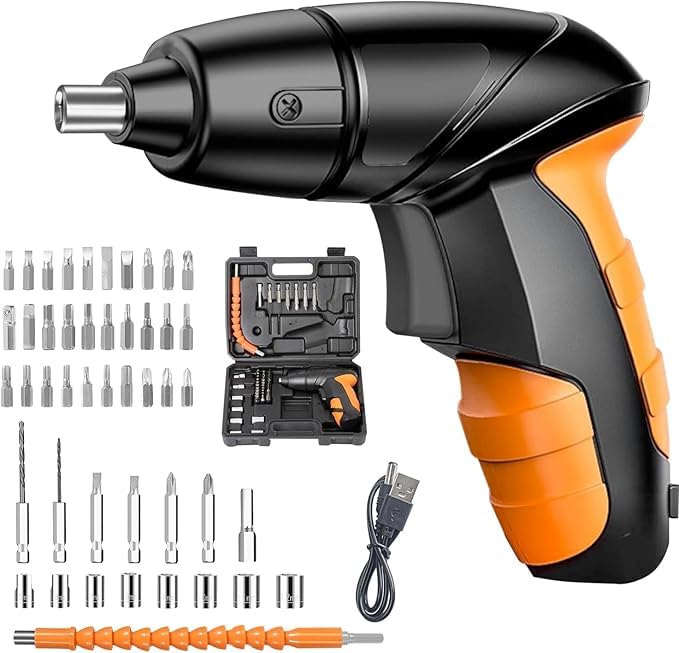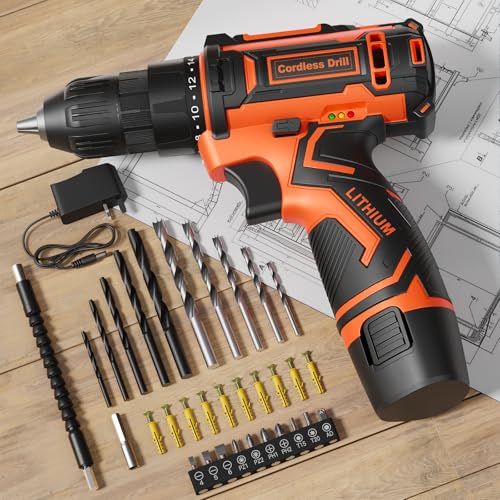Understanding Electric Screwdriver Bits
Electric screwdrivers have become a must-have tool for DIY enthusiasts and professionals alike for their ability to make the job quicker and easier. One critical element of electric screwdrivers is the bit, which plays a significant role in the success of the project. While it may seem like a straightforward task, the wide variety of electric screwdriver bits can be confusing. Here’s what you need to know about choosing the right size electric screwdriver bit.
Consider the Screw Head Type
The first step is to consider the screw head type since not all bits are designed to fit all types of screws. There are three primary screw head types: Phillips, slotted, and Torx. Phillips screwdrivers are most common in DIY projects, and their bits come in four sizes: #0, #1, #2, and #3. Slotted screws have a single slot in the center, and their bits come in two wide sizes. Torx screws are star-shaped and require a Torx screwdriver. Their bits range from T1 to T100.
Determine the Right Size
After identifying the screw head type, it’s crucial to determine the right size. It’s recommended to start with the smallest bit that fits the screw head, then move up gradually until you feel a snug fit. Using an oversized bit can damage the screw head or the electric screwdriver, while using an undersized bit can slip and damage the screw head.
Consider the Shank Size and Length
The shank is the part of the bit that fits into the screwdriver chuck. It’s essential to check the shank’s size and length to ensure it’s compatible with your electric screwdriver. Most electric screwdrivers have a standard 1/4 inch hexagonal chuck that fits most bits, but some may require larger or smaller sizes. The length of the shank determines how deep the bit can reach into the screw hole, so ensure it’s long enough to reach the screw.
Choose the Right Material
The final consideration when choosing the right size electric screwdriver bit is the material. Electric screwdriver bits come in various materials, including high-speed steel, titanium, and cobalt. High-speed steel bits are affordable and suitable for basic DIY projects, while titanium and cobalt bits are more durable and are ideal for heavy-duty projects or working with harder materials. So consider the project’s scope and your budget when deciding on the material.






